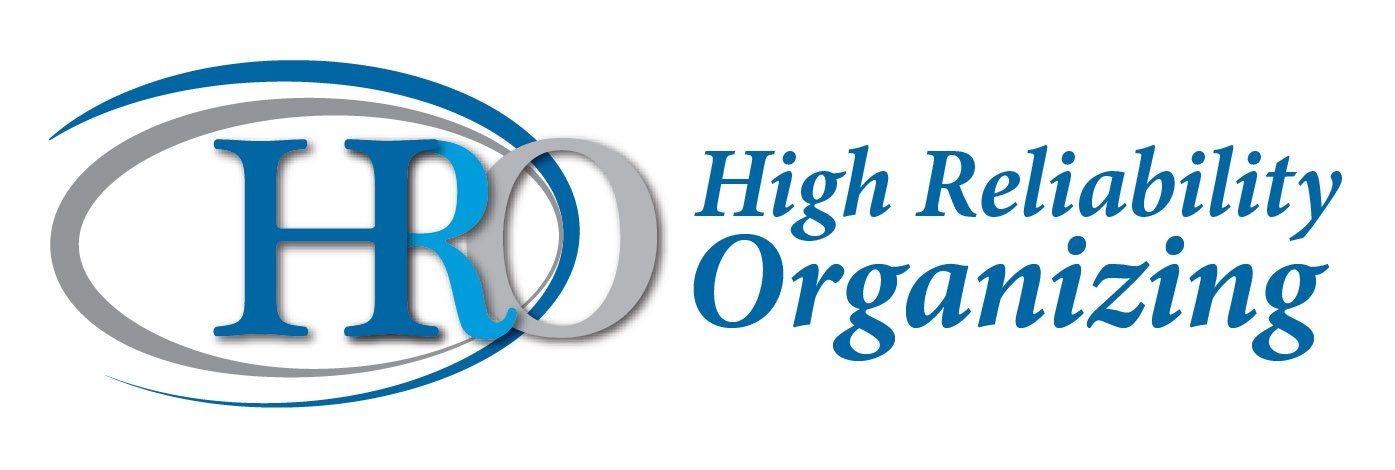Suggested Reading
Recommended Books
"These techniques show how to enable another person's thinking and empowerment to achieve greater results faster. I've have been using the techniques therein with family, friends, and coworkers for a few months now. Now instead of"giving fish" I am truly "teaching fishing." I don't do the thinking, they do. I don't have the answers, they do. If they are working with their own answers, then I don't have to worry too much about buy-in. All the while, I become more engaged, a better listener, more empowering, and a better leader overall." - Mark Drejza.
- Berger, Peter L., and Thomas Luckmann. The Social Construction of Reality : A Treatise in the Sociology of Knowledge. New York: Anchor, 1967.
- Bogner, M.S. Human Error in Medicine, Hillsdale, NJ: Erlbaum, 1994.
- Burns, Christopher. Deadly Decisions : How False Knowledge Sank the Titanic, Blew up the Shuttle, and Led America into War.New York: Prometheus Books, 2008.
- Cerulo, Karen A. Never saw it coming: cultural challenges to envisioning the worst. Chicago: The University of Chicago P, 2006.
- Chiles, J.R. Inviting Disaster: Lessons from the Edge of Technology. New York: Harper Business, 2001.
- Clarke, L. Mission Improbable: Using Fantasy Documents to Tame Disaster. Chicago: University of Chicago Press, 1999.
- Covey, Stephen R., First Things First, Free Press, 2003
- Covey, Stephen M.R., The Speed of Trust: The One Thing That Changes Everything, Free Press , Simon & Schuster, Inc. 2006
- Davidson, A. In the Wake of the Exxon Valdez. San Francisco: Sierra Club, 1990.
- Dekker, Sidney. The Field Guide to Understanding Human Error, Ashgate Publishing Limited, 2006.
- Garvin, David A.. Learning in Action: A Guide to Putting the Learning Organization to Work, Harvard Business School Press, 2000.
- Gladwell, Malcolm. The Tipping Point : How Little Things Can Make a Big Difference. New York: Back Bay, 2002.
- Goleman, Daniel. Social Intelligence: The Revolutionary New Science of Human Relationships, Bantam Books, 2006
- Gonzales, Lawrence. Deep Survival: Who Lives, Who Dies, and Why, W. W. Norton & Company, 2003
- Heath, Chip, and Dan Heath. Made to Stick : Why Some Ideas Survive and Others Die.New York: Random House, 2007.
- Hoyningen-Huene, Paul, and Thomas S. Kuhn. Reconstructing Scientific Revolutions : Thomas S. Kuhn's Philosophy of Science. Trans. Alexander T. Levine. New York: University of Chicago P, 1993.
- Janis, I.L., & Mann, L. Decision making: A psychological analysis of conflict, choice, and commitment. New York: Free Press, 1977.
- Keeble, J. Out of the channel: The Exxon Valdez oil spill in Prince William Sound. New York: Harper Collins, 1991.
- Kohn, L. Corrigan, J.M., and Donaldson, M.S. To Err is Human: Building a Safer Health Care System. Washington, D.C: National Academy Press, 1999.
- Lagadec, P. Preventing Chaos in a Crisis. London: McGraw-Hill International, 1993.
- Langer, Ellen J. Mindfulness. Cambridge, MA: De Capo Press, 1989
- Langer, Ellen J. The Power of Mindful Learning.Cambridge, MA: De Capo Press, 1997.
- Leeson, N. Rogue Trader. Boston: Little Brown, 1996.
- Lehrer, Jonah. How We Decide, HMH Books, 2009.
- Lowenstein, R. When Genius Failed: The Rise and Fall of Long Term Capital Management. New York: Random House Trade Publishing, 2000.
- Maclean, J.N. Fire on the Mountain: The True Story of the South Canyon Fire. New York: Washington Square Press, 1999.
- McLean, Bethany, and Peter Elkind. Smartest Guys in the Room : The Amazing Rise and Scandalous Fall of Enron. New York: Portfolio Trade, 2004.
- Medvedev, Z. The Legacy of Chernobyl. New York: W.W. Norton, 1990.
- Morel, Christian Les Decisions Absurdes II 2012
- Perrow, C. . Normal Accidents: Living with High Risk Technologies. New York: Basic Books. (Princeton University Press), 1984, 1999.
- Read, P.P. Ablaze: The Story of the Heroes and Victims of Chernobyl. New York: Random House, 1993.
- Reason, J. Managing the Risks of Organizational Accidents. Aldershot, England: Ashgate, 1997.
- Rees, J.V. Hostages of Each Other. Chicago: University of Chicago Press. 1994.
- Roam, Dan. The Back of the Napkin : Solving Problems and Selling Ideas with Pictures. New York: Portfolio (Hardcover), 2008.
- Roberts, K.H. and Bea R. When systems fail. Organizational Dynamics. 29, 179-191, 2001.
- Roberts, K.H., and Bea R. Must accidents happen? Academy of Management Executive, 15 (August), 70-79, 2001.
- Rochlin, G.I. Trapped in the Net: The Unanticipated Consequences of Computerization. Princeton, NJ: Princeton University Press, 1997.
- Rock, David. Quiet Leadership: Help people think better, don't tell them what to do, HarperCollins Publishers, 2006.
- Rogers, Everett M. Diffusion of Innovations. New York: Simon & Schuster, Limited, 2003.
- Sagan, S. The Limits of Safety: Organizations, Accidents, and Nuclear Weapons. Princeton, N.J: Princeton University Press, 1993.
- Snook, S. Friendly Fire. Princeton, NJ: Princeton University Press, 2000.
- Sun, T. The Art of War. Clavell, J. (Ed) Random House: New York, 1983.
- Swiss Re GIHRE White Book, Supplied by Dr. Reto Schneider, Director Swiss Reinsurance Company Ltd, Zurich, Switzerland
- Tavris, Carol, and Elliot Aronson. Mistakes Were Made (but Not by Me) : Why We Justify Foolish Beliefs, Bad Decisions, and Hurtful Acts. New York: Harvest Books, 2008.
- Turner, B.M. Man Made Disasters. London: Wykeham Press, 1978.
- Vaughan, D. The Challenger Launch Decision: Risky Technology, Culture, and Deviance at NASA. Chicago: University of Chicago Press, 1996.
- Weick, Karl and Sutcliffe, Kathleen Managing the Unexpected: Resilient Performance in an Age of Uncertainty
- (revised edition) Wiley and Sons, 2007.
About HRO Models Resources Links Contact
©
Copyright
2011 -
High-Reliability.org/.com
All Rights Reserved
"For the purpose of authorship, unless otherwise noted, Daved van Stralen, MD is the principal author."
Be the first to know
Thank you for contacting us.
We will get back to you as soon as possible
We will get back to you as soon as possible
Oops, there was an error sending your message.
Please try again.

